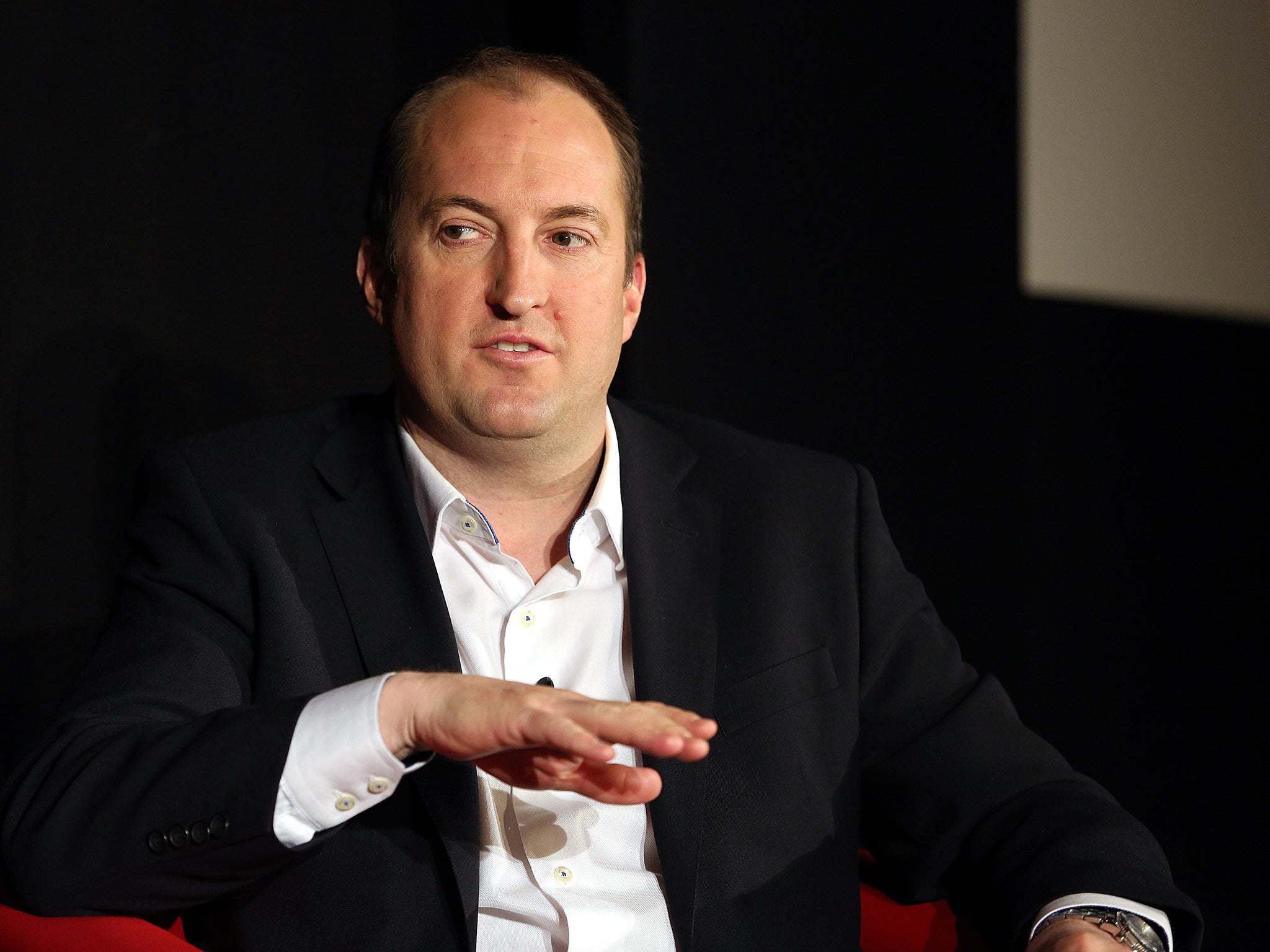Rupert Murdoch's media empire 'was seen as the mafia', his director of communications admits
Guto Harri tells PR industry that News UK's act has been cleaned up

Your support helps us to tell the story
From reproductive rights to climate change to Big Tech, The Independent is on the ground when the story is developing. Whether it's investigating the financials of Elon Musk's pro-Trump PAC or producing our latest documentary, 'The A Word', which shines a light on the American women fighting for reproductive rights, we know how important it is to parse out the facts from the messaging.
At such a critical moment in US history, we need reporters on the ground. Your donation allows us to keep sending journalists to speak to both sides of the story.
The Independent is trusted by Americans across the entire political spectrum. And unlike many other quality news outlets, we choose not to lock Americans out of our reporting and analysis with paywalls. We believe quality journalism should be available to everyone, paid for by those who can afford it.
Your support makes all the difference.Rupert Murdoch’s British newspaper stable was regarded by the public as “some sort of Sicilian-style family organisation”, the company’s director of communications has admitted in a public presentation.
The public’s associations with the publisher were “pretty grim”, said Guto Harri, director of communications at News UK, which publishes The Sun and The Times.
“A company that has the most popular newspaper in Britain was largely seen as some sort of Sicilian-style 'family' organisation, whose sole existence is designed to corrupt public life and hack the phones of murdered school girls,” said Harri, who rejected the characterisation as unfair.
In a speech delivered to the Public Relations Consultants Association at Bafta in London, Mr Harri, the former spokesman for London Mayor Boris Johnson, claimed he had helped News UK and its new leadership team to an improved position where it was now a flag-bearer for the industry in setting up a new system of press regulation.
“By cleaning up our own act, we went from being the poster child of bad practice in the newspaper industry to being a team player determined to sort out its problems and, in coming up with its own solution, see off the threat of state regulation.”
He claimed News UK’s PR campaign had been unwittingly aided by The Guardian, which published memos that he had deliberately written in the hope they would be leaked. “I must say - just between us friends - that the most effective tool of communication early on was the internal memo that was not meant to leave the building. It always got reproduced in full in The Guardian, so much so that I started writing them with that deliberate aim and laughing when I read in The Guardian about ‘the award-winning content of The Sun and The Times and the Sunday Times’.”
Harri, a former BBC journalist, made a fervent appeal for closer relationships between the media and other sectors of society following a freezing of communications in the wake of the Leveson Inquiry. “If there’s one little plea from me, post-Leveson, it’s that we get over the hysteria and paralysis again.”
Join our commenting forum
Join thought-provoking conversations, follow other Independent readers and see their replies
Comments